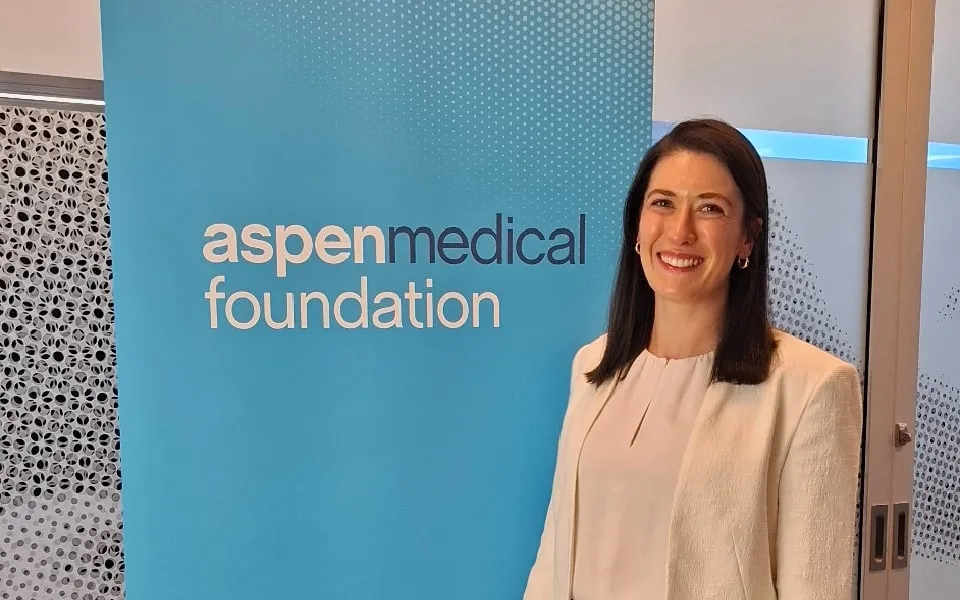
Aspen Medical Foundation launches 2024/25 Impact Report

The Aspen Medical Foundation has launched its 2024/25 Impact Report in Canberra, showcasing a year of targeted programs, meaningful partnerships and measurable outcomes across Australia and the Pacific.
The Foundation is primarily funded through a percentage of profits from Aspen Medical Pty Limited.
The report highlights over $2.1 million in total giving since the Foundation’s inception in 2008, with a record year of investment across emergency aid, health scholarships, and First Nations health programs.
Chair of the Aspen Medical Foundation, Sian Keys, said, “We have focused intently on the Foundation’s core focus: building capacity in healthcare workers, supporting leaders in systems and policy change, and expanding the involvement of our employees, customers, and alumni in meaningful community impact.”
2024-25 saw expanded alignment between the Foundation’s programs and Aspen Medical’s operational footprint. This has deepened impact in First Nations communities, created stronger links with employees and alumni, and enhanced partner engagement across sectors.
CEO of both Aspen Medical and Aspen Medical Foundation, Craig Fitzgerald, reflected on the Foundation’s growth and evolving mission.
“I am thrilled to present our Impact Report for 2024–25. This past year has been one of focus, momentum and meaningful progress as we continue to build on the Aspen Medical Foundation’s mission to improve healthcare outcomes in underserved communities”, he said.
Key highlights from 2024/25
- Health scholarships: 15 scholarships were awarded to First Nations students across Australia and the Pacific. In Fiji, four postgraduate scholarships were granted to nurses specialising in peri-operative, emergency and neonatal care.
- First Nations health: The Foundation funded the I-CAN program in Karratha with the Indigenous Marathon Foundation and committed to two Malpa – Young Doctors for Life programs in the Pilbara, empowering children as health leaders.
- Emergency response in Ukraine: A $170,000 investment supported advanced prosthetics care for war survivors. With support from Alcoa Foundation, the program enabled a US-based study tour and delivery of 55 prosthetic limbs.
- Speech and language development: The SPEIRS Program, in partnership with the University of Newcastle, delivered early intervention support to children in regional playgroups, with a focus on communities with large Aboriginal and Torres Strait Islander populations.
- Community grants: In partnership with Hands Across Canberra, the Foundation funded local health initiatives including clown doctors at Canberra Hospital, teen clinics in Lanyon, and medical equipment for NextSense. Additional grants supported mental health programs and female clinician development in remote Western Australia.
The Foundation also maintained a commitment to long-term projects. These included support for the world-first mobile lung cancer screening unit by the Australian Cancer Research Foundation and dementia research led by Professor Julian Trollor at UNSW.
As the Foundation looks ahead, its goal is to double the scholarship program over the next two years while extending support to more communities.
“Every challenge has a solution,” said Craig. “And we’re committed to working with our partners, workforce and community leaders to deliver scalable, lasting change.”

